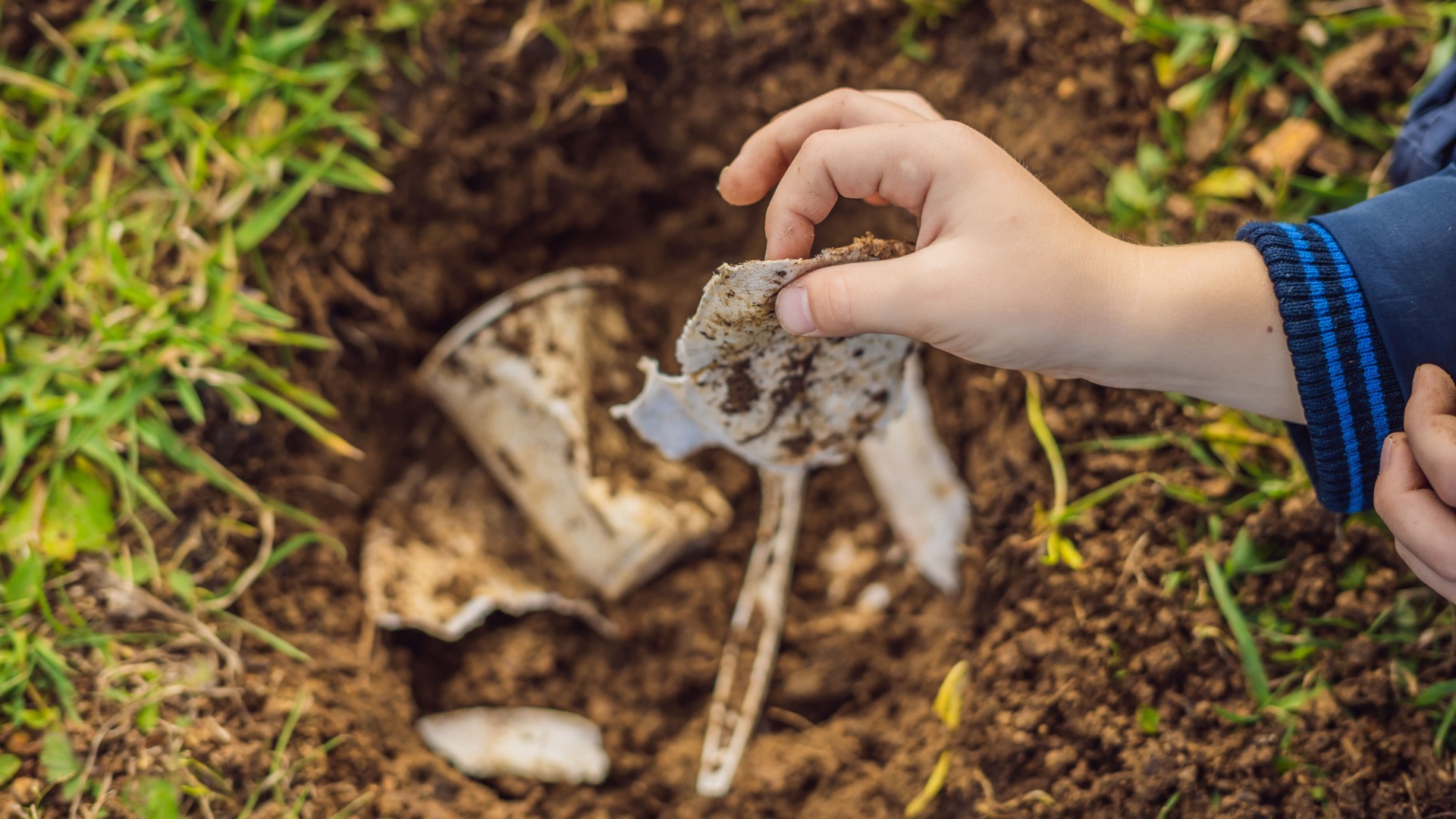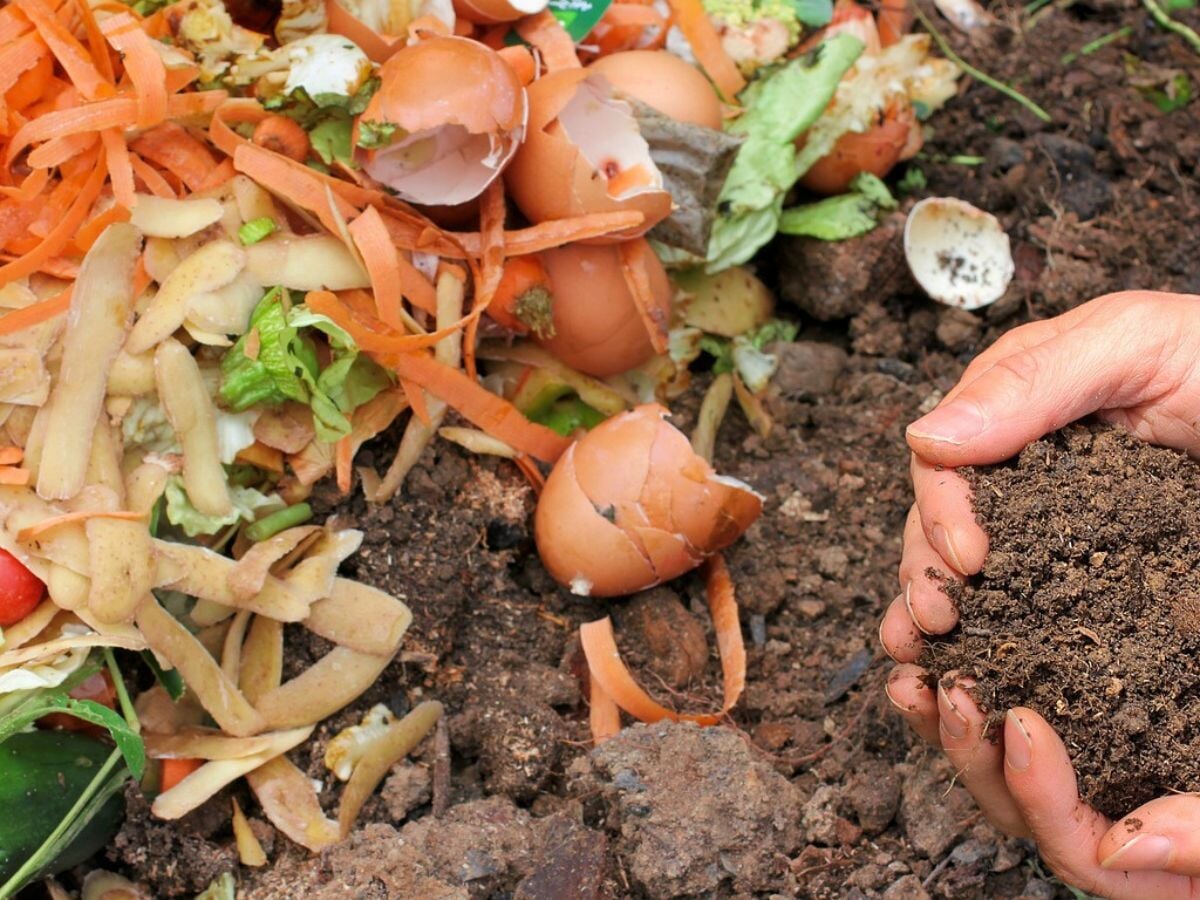You’re standing in the store, trying to make the right choice. You see two labels: one says "biodegradable," and the other says "compostable." They sound like the same thing—both are supposed to be better for the planet than plastic, right? Unfortunately, this seemingly small difference is actually the biggest source of confusion, and greenwashing, in the sustainable products market today.
The reality is that these two terms are worlds apart, and understanding that distinction is the key to becoming a truly conscious consumer and ensuring your efforts to reduce waste actually work.
Unpacking the Buzzword: "Biodegradable"
"Biodegradable" is a term that has historically been exploited by marketers, and for good reason—it sounds fantastic. In the simplest sense, biodegradable means that a material will break down into natural substances over time.
The problem? It’s completely unregulated and offers no timeline. Water is biodegradable. A banana peel is biodegradable. Even conventional plastic is technically biodegradable, but that process takes hundreds or thousands of years and leaves behind harmful microplastics.

Crucially, when a product is labeled "biodegradable," it rarely specifies:
-
The Timeframe: It could take six months or six centuries.
-
The Conditions: It could require a specialized, high-heat environment that doesn't exist in your backyard or local landfill.
-
The Resulting Material: It often leaves behind toxic residues or microplastics, defeating the entire purpose of sustainability.
In short, "biodegradable" is a word that often promises everything and guarantees nothing. It’s a term best avoided when making an eco-friendly purchase.
The Gold Standard: "Compostable"
The term compostable is the gold standard in end-of-life solutions for single-use products, and it is strictly regulated. For a product to earn the "certified compostable" label, it must meet rigorous, third-party standards, such as ASTM D6400 in the US or EN 13432 in Europe.

A certified compostable product must meet three non-negotiable criteria:
-
Disintegration: The product must break down into small pieces within a specific, short timeframe (usually 90 days) in a commercial composting facility.
-
Biodegradation: It must fully break down into carbon dioxide, water, and biomass (nutrient-rich soil) without needing specialized conditions.
-
No Ecotoxicity: The resulting soil (compost) must be tested to prove it is non-toxic and can support plant life. No plastic residue, no harmful chemicals.
When you see a product labeled "certified compostable," you can be confident that it is designed to complete a circular lifecycle, turning waste back into a resource. This distinction is vital for moving toward genuine sustainable packaging.
The EQUO Commitment: Why Certification Matters
At EQUO, we understand that trust is the most important element of the sustainability journey. This is why our entire product range—from our rice straws to our sugarcane utensils—is focused on certified compostable materials. We don't rely on the vague promise of "biodegradable."
-
Transparency: By meeting standards like ASTM D6400, our customers and business partners know exactly what they are getting: products designed to break down in a commercial composting environment, transforming into fertilizer rather than landfill filler.
-
Actionable Choices: This clarity helps you dispose of products correctly. If you have access to industrial composting, you can send our products there with confidence. Even if they end up in a landfill, their plant-based fibers will still break down significantly faster than conventional plastics, leaving a minimal trace.
The choice between biodegradable vs compostable is ultimately a choice between empty marketing and certified commitment. Choose the latter. Insist on the certification, ask the hard questions, and align your purchasing power with brands that offer real, traceable solutions to the plastic crisis.


